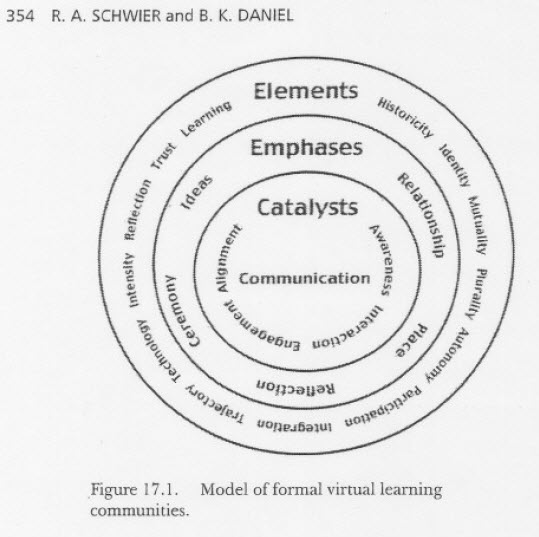Let’s see; how can I create time this week?
Category: Research
“Faculty Support” Research Progress #2 ~ Data Collection Complete
Now, where is my transcription foot pedal again? Decided I have to go back and do the transcription myself, as the last time I did it, there were too many corrections along the way I had to make.
“Faculty Support” Research Progress #1
For my first status update, I have completed my first interview, and am in the process of scheduling the next two (I am working with 3 people right now to confirm dates for within the next week). I hope at least 2 of these 3 people will confirm.
Logistically, I plan to use MAXQDA to navigate my transcription notes, once I finish doing the transcriptions (which I am doing myself this time). The new version of this software was just released in March, and after seeing the demo while at ICQI, I am eager to try it. If there can be a user-friendly qualitative data analysis (QDA) software with pleasing colors and a clean interface, then this is it. Will give an update once I really get going with it.
Wonder what learning this project will lead to (and not to mention next steps!).
Preparing for ICQI2010
Keefer, Jeffrey M., Lancaster University
Learning Goals and Personal Learning in Practitioner Autoethnographic Inquiry: A Case Study
Autoethnography is an increasingly used method of inquiry in the social sciences that focuses upon an experience, or case, in the life of the researcher, who then studies this with the hope of presenting it with vivid and rich descriptive details. It is often intended that the reader be able to share in the experience, so the research is intentionally related to common cultural perspectives. There is limited research around why autoethnographers engage in this method, especially in the context of trying to better understand their goals and intentions for their own work, as well as what is hoped for within the audience. This exploratory case study research will explore the researcher’s learning goals for his or her readers, as well as how the researcher’s own learning develops through the process of conducting the autoethnographic research.
Keefer, Jeffrey M., Lancaster University
The Design and Initial Development of an eLearning Course to Organize and Frame a Qualitative Research Design: The Learning Qualitative Project
There is increasing attention to the challenges faced by faculty who teach qualitative research method courses. Whether lecturers do not have sufficient background to teach in this area, students are not ready to take these courses or their expectations differ from what is taught, logistical institutional factors inhibit teaching and learning, or challenges in the theory-practice relationship pose struggles to coursework, the struggles with teaching qualitative methods seem nearly endless (Hurworth, 2008). With so much need, it was decided to create a freely available eLearning course to assist faculty and students alike. A qualitative research design eLearning course was developed to address some of the basic elements of a research design, and the first version of this is being tested with feedback being used to improve the course’s usefulness.
Hope to see some colleagues, old and new, later this week!
Model of Formal Virtual Learning Communities
One of the readings I did for our internal discussions has really captured my interest. I have previously read this book chapter, though now that I am actively engaging in research in this area, this model of virtual learning communities (VLC) is becoming more present and intentional in my thinking. I like this model for VLCs, with the various elements the authors are recommending:
While I generally think these elements are useful, I wish I could learn a little more about the research that supports there items; this was not included in the chapter, and as a developing researcher, I can’t help but wonder how the authors came up with these, and not others.
What do others think; do these elements fit with your practice and experience?
Reference:
(Schwier, R. A., & Daniel, B. K. (2008). Implications of a virtual learning model for designing distributed communities of practice in higher education. In C. Kimble, P. Hildreth & I. Bourdon (Eds.), Communities of practice: Creating learning environments for educators (Vol. 2, pp. 347-365). Charlotte, NC: Information Age Publishing)
